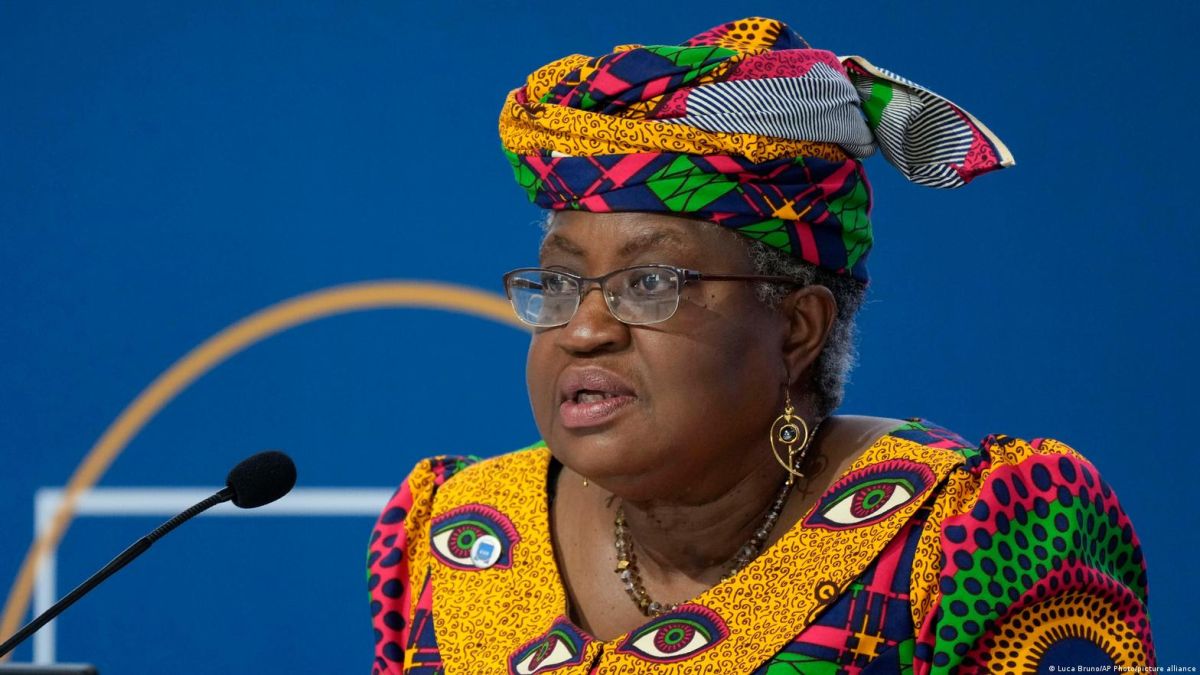“The recession is coming, the indicators are not positive at a time when both the World Bank and the International Monetary Fund have lowered their growth forecasts,” said Ngozi Okonjo-Iweala on Tuesday at the opening of the annual public forum of the World Trade Organization (WTO). The director of the organization said that a recovery was expected after the Covid pandemic, but that it does not seem that it will occur. “I think of a global recession. I think we’re heading towards that. But at the same time we must start thinking about recovery. We must restore growth,” he said.
Okonjo-Iweala indicated that the war in Ukraine, the climate crisis, the level of food and energy prices, added to the consequences of the Covid pandemic create the conditions for a global recession to occur. The official also pointed out that the commercial figures do not look “good.” “We cannot continue as if nothing had happened, we have to think of new ideas”, he summed up the Nigerian policy.
For Okonjo-Iweala it is necessary to reflect on what is going to be implemented and that in the short term the main concern is how to “ensure food security”, also pointing out his concern about access to energy. And he admitted that central banks “have no choice” but to raise interest rates due to inflation, something that is going to have “quite serious” effects on developing countries, for whom debt servicing is going to become more heavy.
“These economies are also adjusting their policies and raising rates, but those dictated by developed countries affect their debt and capital outflows, so it is difficult to assess these measures,” said Ngozi, the first woman to lead the WTO. She also stressed the importance for central banks to determine whether inflation is caused by strong demand or whether rising prices are linked to structural reasons on the supply side. “If it is about factors linked to supply over which there is no control, continuing to raise interest rates would be counterproductive,” he warned.
lgc (afp/efe)
